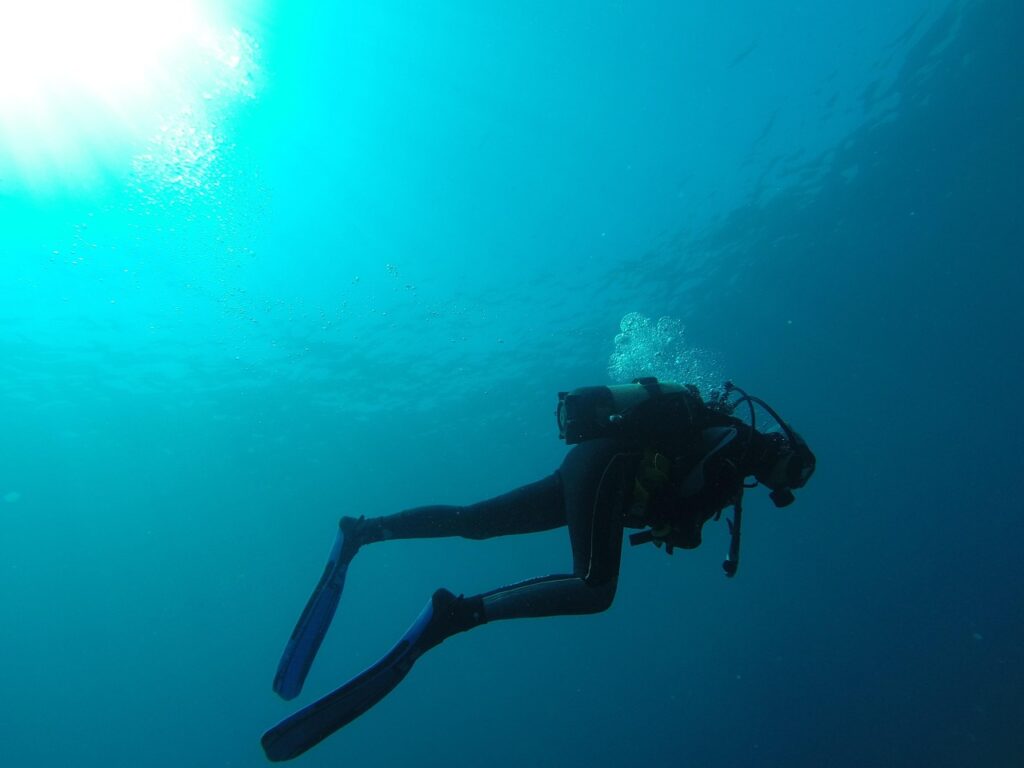Competitive swimming demands not only physical prowess but also mental resilience. As a seasoned swimmer and mental health advocate, I delve into the crucial yet often overlooked aspect of how mental health is addressed in the world of competitive swimming. In this article, I’ll explore the strategies and support systems in place to nurture the well-being of athletes in this high-pressure sport.
Navigating the waters of intense training regimens, fierce competition, and performance expectations can take a toll on swimmers’ mental health. Drawing from my own experiences and insights from experts in the field, I shed light on the importance of destigmatizing mental health discussions in swimming communities. Join me as we uncover the practices and resources that promote mental wellness and resilience among competitive swimmers.
Mental Health Challenges in Competitive Swimming
Competitive swimming presents unique mental health challenges that athletes must navigate to perform at their peak. As a seasoned swimmer, I know firsthand the pressures and expectations that can impact mental well-being in this intense sport. In this section, I’ll delve into the challenges swimmers face, focusing on understanding pressure and anxiety, as well as the effects of high expectations on athletes.
Understanding Pressure and Anxiety
In competitive swimming, the relentless pursuit of excellence often leads to intense pressure and anxiety for athletes. The constant drive to improve times, achieve personal bests, and outperform competitors can take a toll on swimmers’ mental health. The fear of failure, coupled with the demanding training regimens, can exacerbate stress levels, leading to anxiety disorders and performance issues in the pool.
Effects of High Expectations on Athletes
High expectations placed on athletes in competitive swimming can have profound effects on their mental well-being. Coaches, peers, and even self-imposed standards contribute to the pressure athletes experience. The burden of meeting these expectations can result in feelings of inadequacy, self-doubt, and burnout. Striking a balance between ambition and mental wellness is crucial for swimmers to thrive both in and out of the water.
Support Systems and their Role
As a competitive swimmer, I’ve experienced firsthand how critical support systems are in addressing mental health challenges. Let’s explore the key roles that coaches and team dynamics play in promoting swimmers’ well-being.
Coaches’ Influence on Swimmer Well-being
Coaches serve as mentors and guides, shaping not only athletes’ physical performance but also their mental health. A coach’s understanding and empathy towards the pressures faced by swimmers can make a significant difference in their well-being. By fostering open communication, providing encouragement, and offering mental health resources, coaches create a supportive environment where swimmers feel valued and understood.
The Importance of Team Dynamics
Team dynamics in competitive swimming are crucial for athletes’ mental health. Being part of a team fosters a sense of belonging, camaraderie, and mutual support. Positive team dynamics can help alleviate feelings of isolation and stress, creating a community where swimmers can share experiences, seek advice, and offer each other emotional support. Building strong relationships within the team enhances resilience and promotes a healthy competitive spirit among swimmers.
Strategies Used to Address Mental Health

As a competitive swimmer, I’ve navigated the mental health challenges that often accompany the pursuit of excellence in this demanding sport. Let’s delve into the strategies employed within the swimming community to support athletes’ mental well-being.
- Psychological Support and Resources
In competitive swimming, access to psychological support and resources is pivotal in addressing the mental health needs of athletes. Coaches play a vital role in connecting swimmers with mental health professionals, such as sports psychologists, who can provide strategies to cope with stress, anxiety, and performance pressure. These resources offer valuable tools like visualization techniques, goal-setting methods, and stress management strategies that empower swimmers to enhance their mental resilience and optimize performance. - Training Adaptations and Rest Periods
Effective training adaptations and adequate rest periods are essential components of a comprehensive approach to safeguarding swimmers’ mental health. Coaches and trainers recognize the significance of balancing intense training regimens with sufficient rest to prevent burnout and promote recovery. By tailoring training programs to individual needs, athletes can avoid physical and mental exhaustion, reduce the risk of injuries, and maintain a healthy mindset. Strategic rest periods not only optimize performance but also contribute to swimmers’ overall well-being by ensuring they remain energized, motivated, and mentally prepared for competition.
Case Studies of Mental Health Initiatives
In my exploration of mental health initiatives in competitive swimming, I have come across several noteworthy programs and success stories that shed light on the proactive approaches taken within the swimming community to address mental well-being.
Programs in Leading Swim Clubs
In leading swim clubs, initiatives focused on mental health have become integral parts of training regimens. Programs are designed to not only enhance performance but also prioritize the mental wellness of athletes. These clubs offer access to sports psychologists who work closely with swimmers to develop coping strategies, manage performance anxiety, and build mental resilience. By incorporating mental health into training programs, leading swim clubs are setting a positive example for other organizations in the sports community.
Individual Success Stories and Approaches
Individual success stories within the realm of competitive swimming often revolve around athletes who have openly shared their struggles with mental health and the strategies they have employed to overcome them. These stories inspire others in the swimming community to prioritize their mental well-being and seek support when needed. Personal approaches such as mindfulness practices, journaling, and seeking professional guidance have been instrumental in helping individual athletes navigate the challenges of competitive swimming while maintaining their mental health.
By showcasing these programs and success stories, the competitive swimming community continues to pave the way for destigmatizing mental health discussions and fostering a culture of holistic well-being among athletes.


 is a seasoned fitness expert with a special focus on swimming and holistic health strategies. With years of experience as a competitive swimmer and fitness coach, Patricia offers readers a wealth of knowledge on optimizing performance and maintaining a balanced lifestyle. Her writing on Swim Fast Stay Fit reflects her commitment to empowering others with practical advice and motivational insights. Patricia’s approach integrates advanced training techniques with accessible wellness tips, aiming to help individuals achieve their personal fitness goals and enhance their overall quality of life. Through her engaging articles, Patricia inspires readers to embrace a comprehensive approach to health, combining effective exercise routines with mindful nutrition and self-care practices.
is a seasoned fitness expert with a special focus on swimming and holistic health strategies. With years of experience as a competitive swimmer and fitness coach, Patricia offers readers a wealth of knowledge on optimizing performance and maintaining a balanced lifestyle. Her writing on Swim Fast Stay Fit reflects her commitment to empowering others with practical advice and motivational insights. Patricia’s approach integrates advanced training techniques with accessible wellness tips, aiming to help individuals achieve their personal fitness goals and enhance their overall quality of life. Through her engaging articles, Patricia inspires readers to embrace a comprehensive approach to health, combining effective exercise routines with mindful nutrition and self-care practices.
